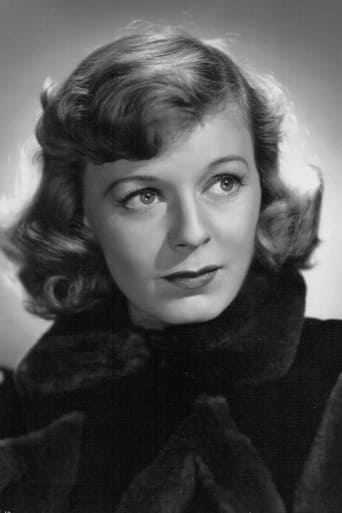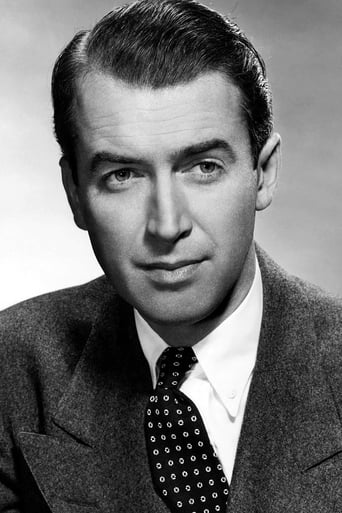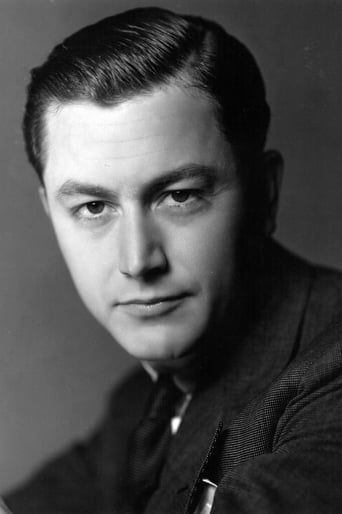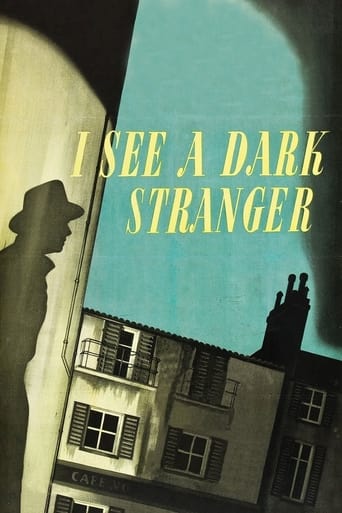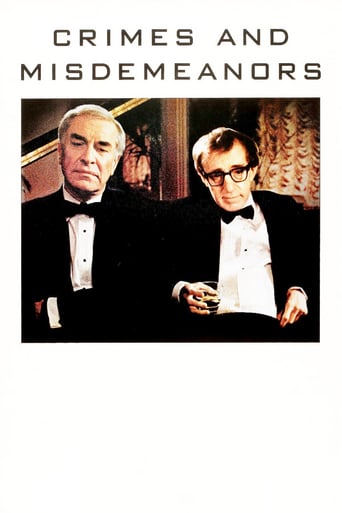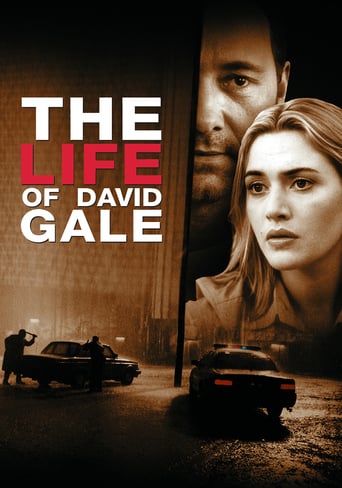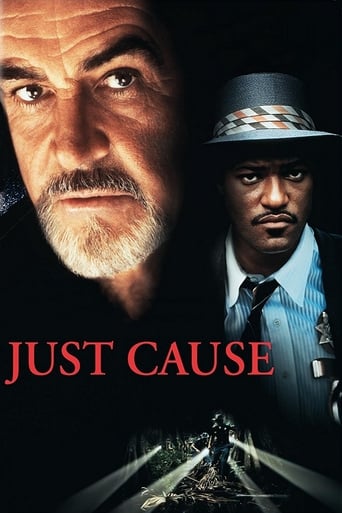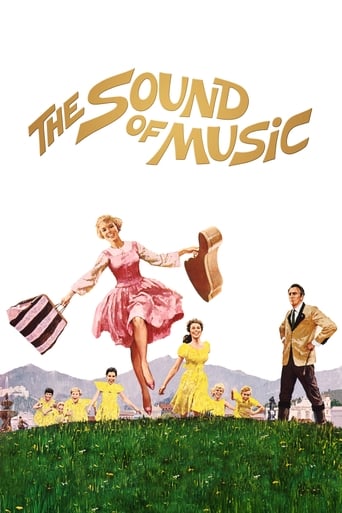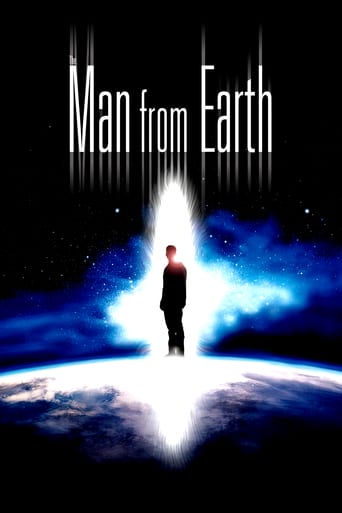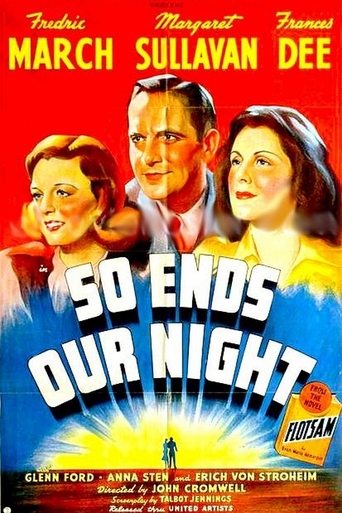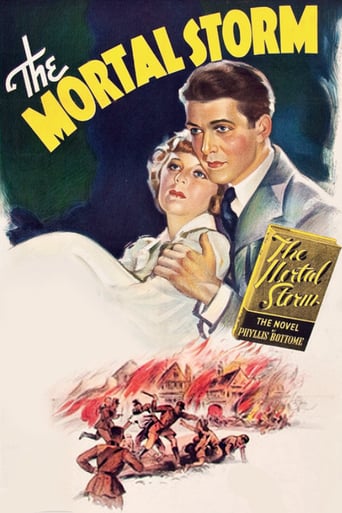
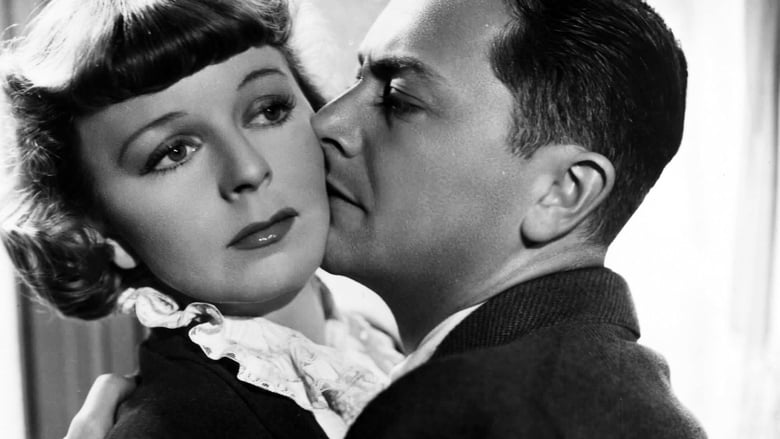
The Mortal Storm (1940)
The Roth family leads a quiet life in a small village in the German Alps during the early 1930s. When the Nazis come to power, the family is divided and Martin Brietner, a family friend is caught up in the turmoil.
Watch Trailer
Cast
Similar titles
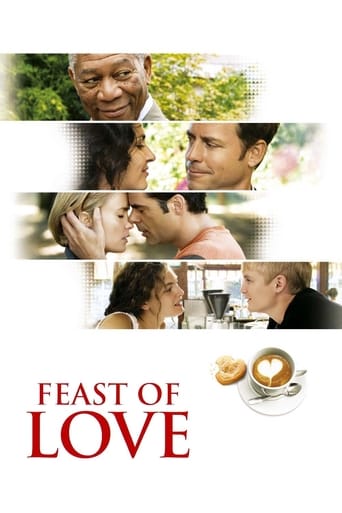
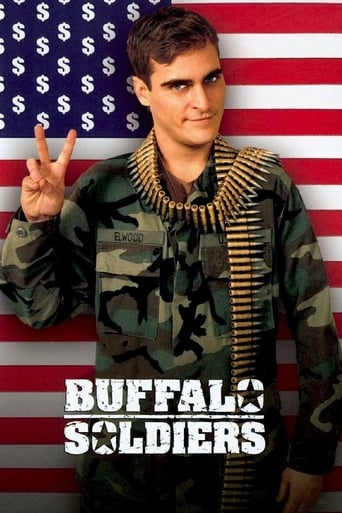
Reviews
Fanciful, disturbing, and wildly original, it announces the arrival of a fresh, bold voice in American cinema.
Good films always raise compelling questions, whether the format is fiction or documentary fact.
While it doesn't offer any answers, it both thrills and makes you think.
The film never slows down or bores, plunging from one harrowing sequence to the next.
Powerful anti-Nazism, anti-fascism drama.Follows the lives of a German family and their friends as Hitler comes to power in the 1930s, and the results of this change. Explores very directly the effects of Nazi rule, how freedoms are lost and the right to be different and think differently is destroyed. Shows very vividly the effect of group-think/mob-think and the cult of personality.Yes, it was made during World War 2, so is to some extent a propaganda movie. However, the themes explored can be applied to any fascist country.Can be compared to Charlie Chaplin's "The Great Dictator", which was released in the same year. While Chaplin used satire and comedy to mock the Nazis, this movie is pure drama, and stands alongside The Great Dictator in exposing the evil that was Nazism.
Despite Mortal Storm's numerous flaws and its unintentionally laughable opening narration (which came across to me as being almost lunatic), this film still manages to deliver a powerful anti-Nazi message that packs a punch, even when viewed today, 74 years later.Considering that back in 1940 the USA was not yet involved in the war that was raging away in Europe, I'm quite surprised that MGM Studios actually went out on a limb and released a film of this one's nature, which clearly paints a very negative picture of the gloom & doom regarding the rise of The Third Reich in Nazi Germany.Is it any wonder that after the infuriated Adolf Hitler viewed Mortal Storm he promptly ordered his minister of propaganda, Joseph Goebbels, to have all films produced by MGM banned throughout Germany? Set in 1933 (the year Hitler was elected as Chancellor of Germany), Mortal Storm's "swastika-in-your-face" story of escalating emotions, blind intolerance, family betrayal and Nazi loyalty takes place in a small Bavarian university town situated at the base of the Alps.The action of Mortal Storm's story focuses in on the well-respected and well-to-do Roth family whose head of the household is a greatly admired professor at the Bahnhoff University.Once Hitler is placed in supreme power this, in turn, gets the "party-loyalty" juices flowing amongst the young, adult males throughout this once-quiet town. (Never do we ever see any women joining in on this fanatic political movement) Needless to say, all of this turmoil quickly begins to sever the close-knit ties that had previously held the Roth family (as well as many others) together.I think that it's interesting to note that neither the word "Jew" nor "Nazi" were ever spoken in this film.And, finally - When it came to Mortal Storm's cast, I, personally, thought that both James Stewart and Margaret Sullavan were clearly unconvincing and not at all suited for the dramatic demands of their parts.On the other hand, the one performance that I consider to be something of a standout was that of Robert Young as Fritz Marberg, the zealous yet tortured young student who finds himself torn between his loyalty to his friends and his fanatical allegiance to Nazism.All-in-all - Mortal Storm, which was filmed in b&w, was certainly well-worth a view.
Just imagine what it must have been like to sit in a theater and watch this movie when it came out on June 14, 1940! The bombing of Pearl Harbor was a long way off, and most of us wouldn't even have known where it was. But we would know that there was a war raging in Europe, Asia and elsewhere. Besides radio and newspapers, we got our news then from movie theater newsreels. And we likely would have just seen a newsreel of Germany's invasion of France on June 5 and launch of its North Africa campaign on June 10. "How much longer would it be before the U.S. is drawn into this war?" we might wonder. It seemed to be spreading fast now. In April and May, Germany had invaded Norway, Holland and Belgium. More and more, pacifists began to realize that the U.S. and other peaceful and neutral counties would not be able to escape this war. Germany had annexed Austria and Czechoslovakia in 1938, and invaded Poland on Sept. 1, 1939. England and France could no longer ignore Adolph Hitler's intentions by then, so they declared war on Germany. On the other side of the world, Japan was spreading its conquests in Asia since invading China in 1937.So, that was the world war picture when "The Mortal Storm" hit theaters. The film was based on a 1938 novel by Phyllis Bottome (1884-1963). She was an English author and teacher who studied psychology and languages. In 1917, she married Alban Dennis, a British diplomat and intelligence officer. They worked and lived in Austria, Germany and England, including a time when they owned a language school in Austria. Bottome surely knew a lot about Europe, World War I and the rise of Adolph Hitler and Nazi Germany. She shows that in her novel that was made into this 1940 movie. The story takes place in 1933 in a small college town in Bavaria, close to the Austrian border. It's the 60th birthday of Professor Roth, played by Frank Morgan. He is a highly respected man of science who teaches chemistry. Students and faculty members surprise him with recognition at the college that day. That evening, the family and two young men friends of the family celebrate with a birthday dinner at the professor's home. The radio is on in the background and the announcer reports that Adolf Hitler has just been appointed chancellor of Germany. That makes the date January 30, 1933.The two oldest stepsons and a family friend played by Robert Young are ecstatic about the news. They head off to celebrate with fellow brown shirts. The professor, his daughter Freya, played by Margaret Sullavan, and friend Martin Breitner, played by James Stewart, are not happy about the news report. The mother and the youngest son don't react to the report, but want the birthday party to continue.Others have noted some subtle treatments in the film. It doesn't use the word, "Nazi," and only names Germany once. That may have been necessary to get the film produced, but everyone knew who the references were to.Before long, the professor is shunned by fellow faculty and students for his anti-Nazi attitude and for teaching the facts of science. He is arrested and put in a concentration camp. This would have been Dachau – just 10 miles northwest of Munich. It was the first Nazi concentration camp for political prisoners and opened in March, 1933. The rest of the film shows how the family and friends are split apart over Nazism. "The Mortal Storm" may be the best historical, prophetic and insightful film ever made about World War II. The movie is excellent itself in its plot, the script, acting and directing. But there is much more to this film than people have commented on so far. It is a warning to the world about evils such as Nazism and how they destroy all that is good – families, homes, communities, love, trust and decency.The scene that shows students burning the college library books that don't agree with Nazism was a perfect picture of how such evil can poison a population – and build fervor especially among people who are ignorant and don't know or see the dangers. That's why it is so important for those who have strong beliefs, reasons and knowledge to stand up and speak to the masses of society – to defend freedom and explain the threats posed to it.The film seems to be a valid warning to people of all times that such evil is able to arise only through the apathy of people. The irony in "The Mortal Storm," is that the one who should know that best, and who was in a position to be heard and to make a difference, became the first to be persecuted because of his apathy. That was the professor himself. Remember from the family gathering and the different views among the young people about Nazism? The professor says that everyone should respect the others for their views. But he never challenges the loud views expressed by the pro-Nazi members of the family. There's an old saying, attributed to various sources, that if we don't learn from history, we are doomed to repeat it. Another saying, attributed to Edmund Burke, says, "All it takes for evil to flourish is for good men to do nothing." Perhaps that's the message the author and film makers wanted to get across in "The Mortal Storm." Can we not see some of these same threats today, in government and public attacks on such basic freedoms and rights as speech, religion and life? Unless we learn from history, we may certainly have to live – and die – in another "Mortal Storm."
Let's mention the weaknesses first - just to get them out of the way and then concentrate on what makes this great. The settings seemed less than authentic at times and - although everyone in the cast was great - it was somewhat disconcerting and therefore difficult to see Robert Young playing a Nazi and James Stewart as even an anti-Nazi German. Having made those two minor criticisms, though, the significant point here is that this is a marvellous movie.It opens on January 30, 1933 in a small town in southern Germany. Martin Roth - a renowned professor of physiology (played very well by Frank Morgan, who's better known as The Wizard of Oz) - is celebrating his 60th birthday. There's a happy scene at home of family and friends, and a celebration at the university as his students and colleagues honour him. But January 30, 1933 was another birthday as well. In the midst of the celebrations, word arrives - Adolf Hitler has been appointed Chancellor of Germany; the Third Reich has been born. The family and friends divides into pro and anti Nazi factions even at the dinner table, the division being between Martin (Stewart) - who opposes the Nazis - and Fritz (Young) - who supports them. Martin and Fritz are also competing for the affections of Roth's daughter Freye (Margaret Sullivan) which adds to the tension.Eventually Roth is fired from his position for refusing to agree to the Nazi theories of Aryan superiority (I assume Roth was Jewish, although it was only explicitly stated that he was non-Aryan) and is sent to a concentration camp, where he eventually dies. Meanwhile, Freye rejects Fritz because of his involvement with the Party and seeks to escape from Germany with Martin's help. The film does a brilliant job of depicting the descent of Germany into Nazi madness after Hitler's rise to power, as family members and friends turn against each other, and those seen as unsympathetic to the new order are beaten up on the streets. Fear strikes every heart, with the proud exceptions of Dr. Roth, Martin and Freye, and - in a very moving performance - Martin's elderly mother Hilda (played perfectly by Maria Oustenskaya). These four - who refuse to compromise their principles - are the heroes of the movie. Others either succumb to various tactics of intimidation, meekly succumb to pressure or enthusiastically follow the crowd into madness.The movie is a warning that's still relevant today of how easy it is to get swept up in hysteria, and of the dangers involved in allowing that to happen. It's truly superb.
